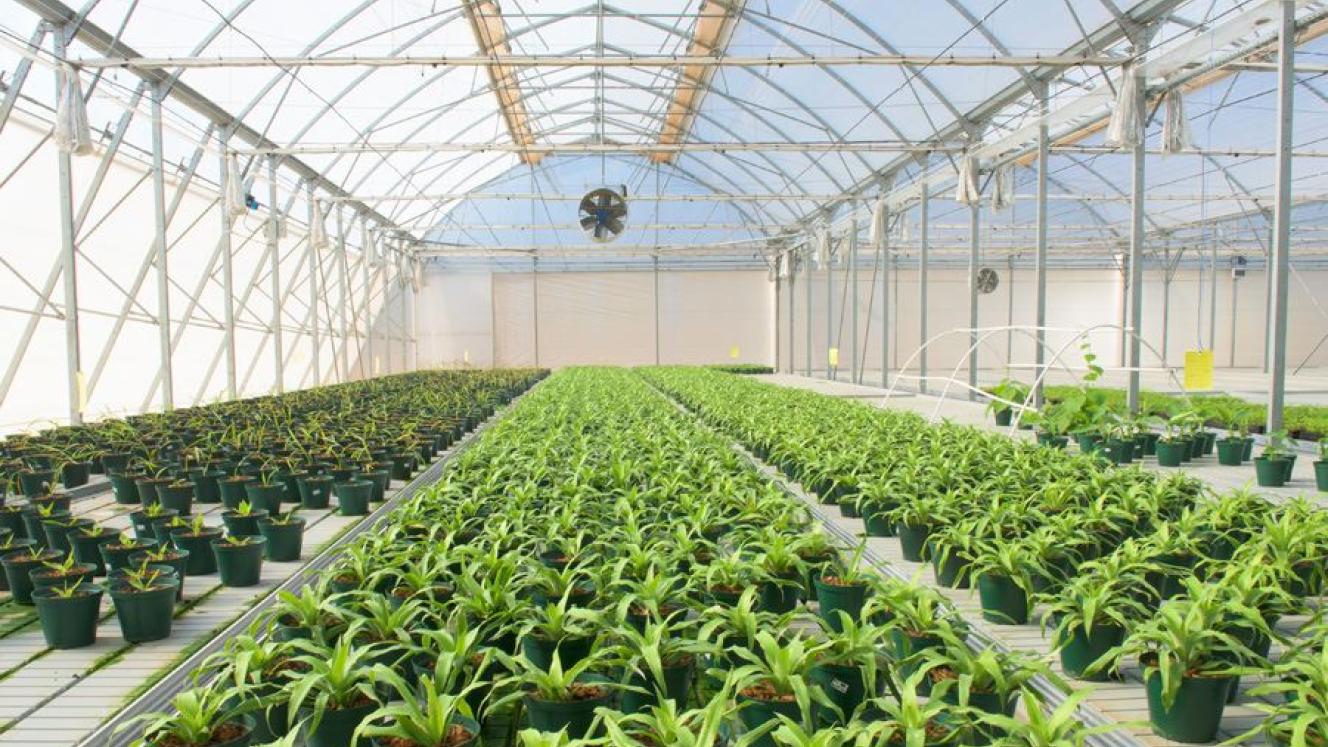Development of the second phase of the Dube Agrizone precinct is under way, allowing for a wide spectrum of agribusiness to move from primary production into secondary and tertiary processing.
According to Nkosinathi Nsele, senior manager: Dube AgriZone operations, plans for the development of the second phase are at an advanced stage. “We already have planning approvals for the development of the 30ha site. We intend to have the bulk infrastructure and services in the ground by early 2022,” she said.
“Since the development of the first phase of the Agrizone, we have received enquiries on the likelihood of us expanding the development to cater for private development of more conventional intensive farming facilities like tunnels as well as additional processing facilities.
Two years ago we called on the market for proposals and we have now received several viable proposals for operations ranging from horticulture and medicinal plants to meat processing and even aquaculture.”
She said moving forward on the second phase was only possible after achieving a 100% occupancy of the precinct, a milestone achieved in May last year. “In the high-value perishables sector, the cold chain is indispensable in preserving perishables once harvested, in essence preserving the value in the retail price and the produce shelf life,” said Nsele.
“Having the Dube AgriZone precinct in close proximity to King Shaka International Airport gives retailers and growers a competitive advantage, allowing them to seamlessly harvest, process and airfreight produce to any market around the world in under 72 hours.
”Currently the two farming operations within the AgriZone precinct predominantly produce and distribute a variety of cucumbers and tomatoes as well as peppers. The packhouse and distribution centre in the precinct, operated by Lebombo Finepak, sorts, packages and distributes a wide variety of other fruits and vegetables for major national retailers.
Nsele said they continued to see an increase in demand for fresh produce. “This creates new niche markets for the agri sector and our farmers have managed to leverage off this.”













